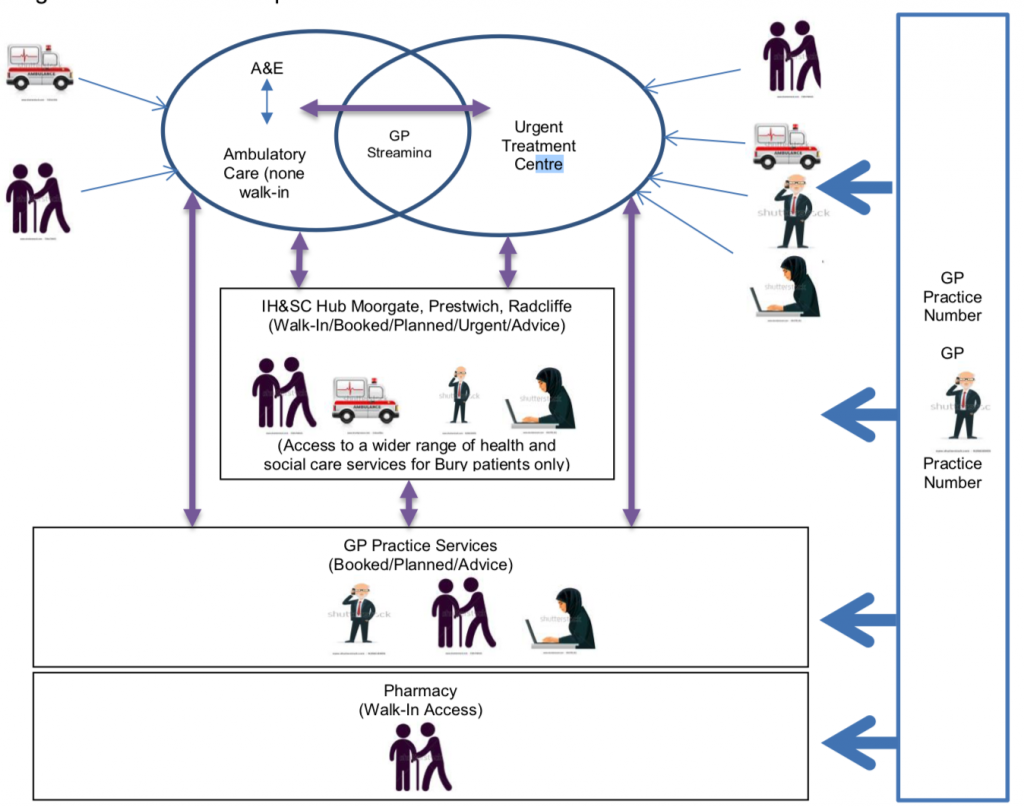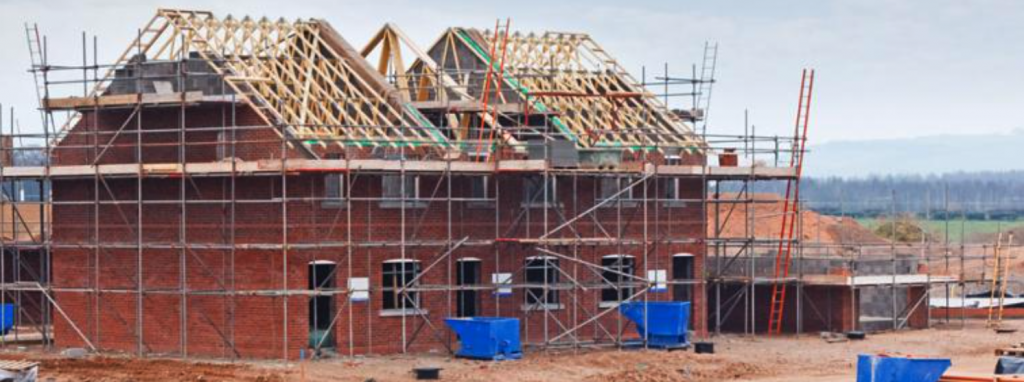We want a new housing revolution to fix our broken market – read more here.
We’re calling for a major overhaul of the powers of local councils to meet the goal of ensuring that everyone in Britain has a home.
The package, passed at Spring Conference in Southport, calls for new powers that will see local authorities able to build and invest in more affordable and social housing. This includes greater access to borrowing for local authorities, strengthened powers to bring empty homes back into use and the power to direct the use of otherwise unwanted public land. Alongside measures to allow local government to abandon Right to Buy and to require that profit from council house sales is invested in new social housing.
These proposals will empower local communities to provide the affordable and social housing that Britain needs and tackle the housing crisis head on.
Having a place to call home is a basic human right. In the face of a national housing crisis we’re failing as a country to fulfil that right. The private sector can’t be relied upon to deliver affordable homes for those struggling to get on the housing ladder.
Social housing is one of the pillars that underpin our welfare state. It’s a vital safety net for tens of thousands of families who can’t afford to rent privately, let alone ever buy their own homes. We need local government and housing associations to provide new social housing directly.
The Conservatives seem happy to just let social housing die. Their ideology is ownership and they don’t seem to see a need for social housing at all. It’s time to move away from providing shadowy land banking and towards greater housing provision.
We’re the only party empowering local councils and communities to provide the housing that is needed.










